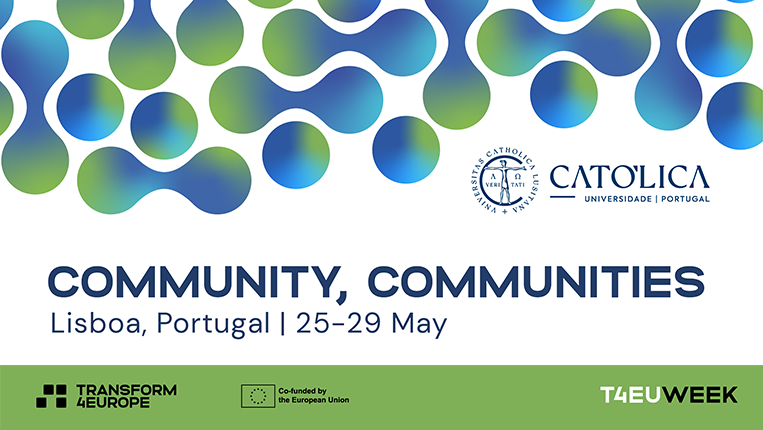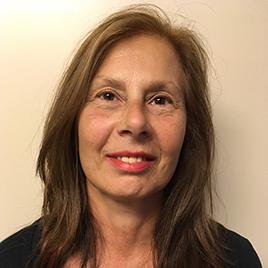Objectives and competences
Understanding the concept of Circular Economy and its relevance to environmental and economic sustainability.
Familiarization with the fundamentals of biomass valorization and its connection to the Circular Economy.
Understanding the concept of Circular Bioeconomy and its application in reducing environmental impacts.
Knowledge about the role of biotechnology in promoting Circular Bioeconomy.
Recognition of the importance of industrial symbiosis and innovation models in circular valorization.
Ability to analyze the composition, availability, limitations, and valorization of various types of biomass.
Capability to identify and discuss case studies in biomass valorization.
Development of skills for valorizing biomass for biomaterials and packaging and understanding aspects of food safety.
Familiarization with tools for assessing impacts of processes and products, including Life Cycle Assessment (LCA).
Ability to conduct feasibility studies of bioprocesses for waste valorization.
Teaching Methodologies
The teaching and learning methodologies specific to this course are carefully articulated with the proposed pedagogical model. Each week of class is structured to provide a comprehensive and participatory approach, ensuring a solid understanding of the concepts and practical applications of biomass valorization for circularity.
The course begins with theoretical classes, where students are introduced to the fundamentals of Circular Economy, highlighting the challenges and specific needs of Portugal. Additionally, a seminar with industry professionals, such as the Smartwaste entity, provides a valuable opportunity for students to gain practical perspectives and insights into the challenges faced in implementing Circular Economy. Throughout the following weeks, theoretical and practical classes are combined to promote a comprehensive understanding of biomass valorization and circular bioeconomy. Week 3 further expands knowledge, addressing advanced concepts such as biorefinery and industrial symbioses, through theoretical classes, a "Journal Club" for discussion of relevant articles, and tutorials for individual student deepening. Subsequent weeks continue to combine theory and practice, with theoretical classes, laboratory practices, industry workshops, and company visits, providing students with a complete view of real-world applications and collaboration opportunities in the biomass
valorization field. Then the students will explore applications of agri-food and industrial waste in the production of biomaterials and packaging, highlighting their importance as a sustainable source of raw materials. Aspects related to plant-based, animal-based, and waste from other industries will be addressed, as well as technologies and environmental and economic implications. In sequence, the food safety of biomaterials derived from waste will be emphasized, with the presentation of tools for impact assessment, such as Life Cycle Assessment (LCA). Case studies will illustrate the practical application of these tools, providing understanding of the challenges and opportunities in waste valorization for biomaterials and packaging.
In weeks 11 and 12, during the economic feasibility studies of biomass valorization bioprocesses, students will be guided through
comprehensive analysis of material, energy, and economic balances, providing them with a complete understanding of the technical and financial aspects of implementing biomass valorization processes.
Finally, in Week 13, students can apply their knowledge in an action project for circularity, presenting and discussing integrated solutions to real challenges in this area.
In this way, the teaching and learning methodologies used throughout the program ensure a holistic and engaging approach, preparing students to face the challenges and opportunities of biomass valorization for circularity.
Syllabus
Concepts of Circular Economy
Barriers and Driving Forces for Accelerating Circular Economy
Introduction to Waste Valorization for Biomaterials and Packaging
Fundamentals for Feasibility Studies of Bioprocesses
Bioeconomy and Circular Bioeconomy
Biotechnology in Promoting Circular Bioeconomy
Concept of Biorefinery as an Integrated Concept
Value Creation and Reduction of Environmental Impact and Externalities in Bioeconomy
Industrial Symbiosis and Innovation Models for Circular Valorization
Valorization of Plant-Based Biomasses: Composition, Availability, Limitations, and Bioprocesses in Valorization of Plant Biomasses, Animal Biomasses, and Others
Waste Valorization for Biomaterials and Packaging: Potential Applications of Agri-Food and Industrial Wastes (Plant-Based, Animal-Based, and Others)
Food Safety Aspects Related to Biomaterials Derived from Wastes
Tools for Assessing Impacts of Processes and Products (LCA)
Economic Feasibility Studies of Valorization Bioprocesses






